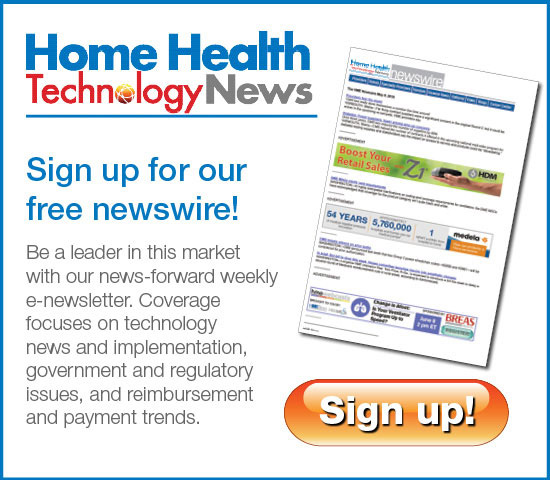Покупка квартиры в Москве — это важный шаг, требующий взвешенного подхода. В столице России цены на недвижимость могут сильно различаться в зависимости от района, типа жилья и состояния рынка. Чтобы купить квартиру в Москве, важно не только правильно выбрать район, но и учитывать ряд других факторов, таких как оформление документов, выбор между новостройкой и вторичным жильем, а также грамотное планирование бюджета. В этой статье мы расскажем, как сэкономить деньги, на что обратить внимание при покупке, и как выбрать наиболее подходящую квартиру в Москве.
Москва — это огромный мегаполис, и выбор района для покупки квартиры зависит от ваших предпочтений и финансовых возможностей. Одни районы более престижные, с высоким уровнем инфраструктуры и удобной транспортной доступностью, другие могут предложить более бюджетные варианты жилья. Например, такие районы, как Хамовники, Арбат и Тверской, относятся к премиум-сегменту и привлекают покупателей элитной недвижимости. Здесь цены на квартиры начинаются от нескольких миллионов рублей за квадратный метр. Эти районы идеально подойдут тем, кто ценит близость к историческому центру и престижные условия жизни.
Для тех, кто ищет более доступные варианты, стоит рассмотреть Жулебино, Люблино или Новокосино. Эти районы предлагают квартиры по более низкой стоимости, при этом сохраняя хорошую транспортную доступность и развитую инфраструктуру. Важно учитывать, что более бюджетные районы могут требовать дополнительных вложений в ремонт, если речь идет о вторичном жилье.
Перед тем как приступить к сделке, важно подготовить все необходимые документы. Это позволит избежать задержек и осложнений при оформлении.
Основными документами, которые вам понадобятся для покупки квартиры в Москве, являются:
- Паспорт покупателя.
- ИНН (идентификационный номер налогоплательщика).
- Документ, подтверждающий право собственности на квартиру (для вторичного жилья).
- Выписка из ЕГРН (Единый государственный реестр недвижимости).
- Справка об отсутствии задолженностей по коммунальным платежам.
- Договор купли-продажи.
Если вы планируете покупку квартиры с использованием ипотеки, дополнительно потребуется предоставить справку о доходах и подтверждение
одобрения кредита от банка. Важно также проверить юридическую чистоту квартиры, чтобы избежать возможных рисков в будущем.

